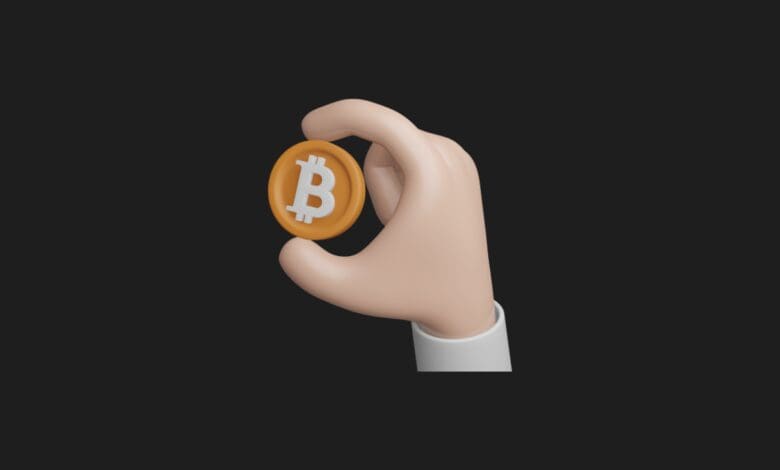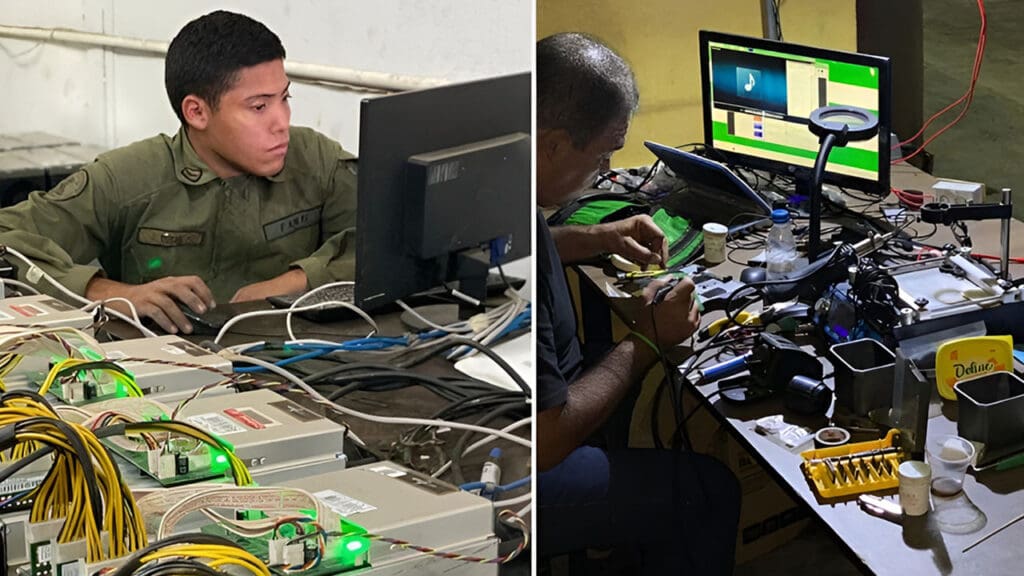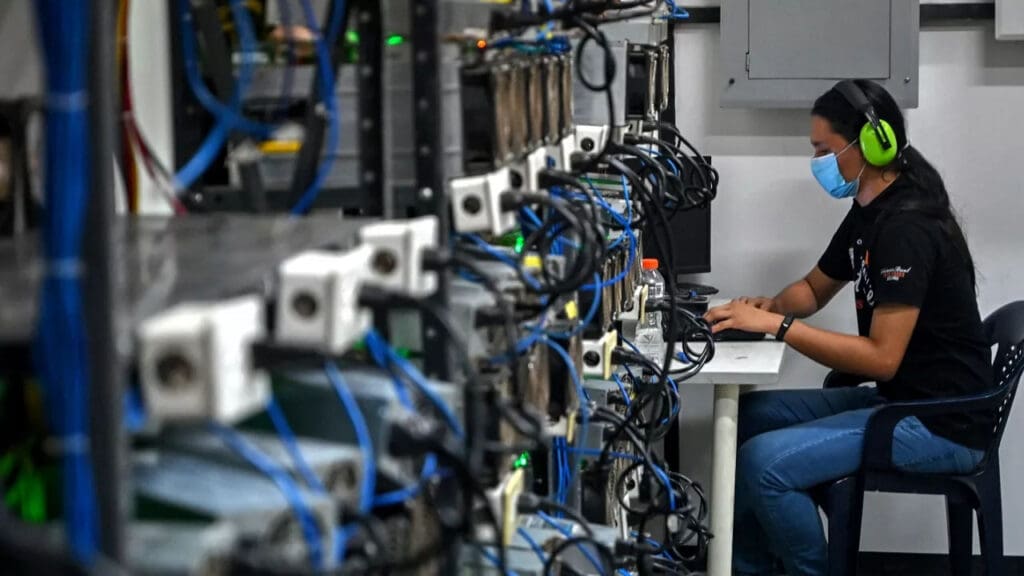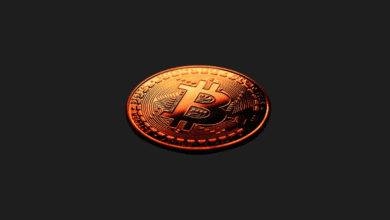Why Venezuela Mines Bitcoin in Military Bunkers

Countries around the world are being swept up in the revolutionary wave of change brought about by cryptocurrencies. In this article, we will explore why Venezuela has turned to mining Bitcoin in a military bunker.
Venezuela has been facing one of the worst economic crises in its history, fueled by hyperinflation and U.S. sanctions. The sharp decline in oil prices—Venezuela’s primary source of revenue—in 2014 severely impacted the country’s financial structure. In 2017, additional sanctions nearly crippled its ability to engage in international trade, leaving the nation in an extremely precarious position.
Under these circumstances, it was imperative to find alternative solutions to alleviate economic hardship!

Venezuelan President Nicolás Maduro has been seeking alternative solutions to both mitigate the country’s economic struggles and maintain government control over finances. At this point, the rise of revolutionary technologies like blockchain and the emergence of cryptocurrencies presented an opportunity for Venezuela.
The use of these technologies to ease the nation’s economic challenges was seen as a practical solution.
Believing that Bitcoin mining could help alleviate Venezuela’s economic difficulties, Maduro took decisive steps in this direction.
Since electricity is almost free in Venezuela, Bitcoin mining is said to be highly profitable.

Although Bitcoin mining requires a significant amount of electricity due to the use of powerful computers, Venezuela’s low electricity costs offer a major advantage in this area.
By conducting Bitcoin mining at military bases, the government aims to bypass international sanctions and resist reliance on hard currencies like the U.S. dollar or the euro.
Moreover, as Venezuela’s economic hardships have pushed many to seek alternative income sources, Bitcoin mining has become a means of financial support not only for the government but also for individuals and private companies.
Despite implementing restrictions on mining activities last year to manage energy consumption, the Venezuelan government is generally believed to have supported these operations in various ways, making the processes more accessible.
In conclusion, it remains uncertain whether Maduro’s efforts to revive the economy through Bitcoin mining will be successful in the long run. However, this innovative approach by Venezuela certainly sets a unique precedent in the global economic landscape.











